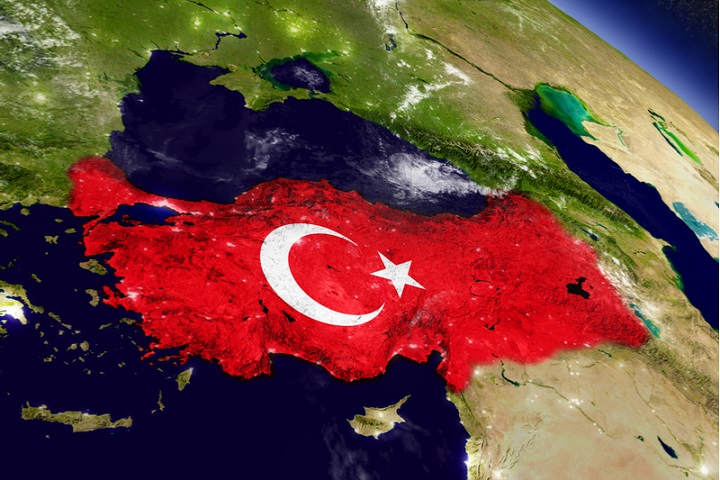Decisions on Customs Duties and Import Regime to Be Implemented in 2025 Published in the Official Gazette
The decisions and regulations regarding customs duties and the import regime to be implemented in 2025 have been published in the Official Gazette.
In a statement by the Ministry of Trade, it was emphasized that an import policy and regime supporting investment, production, and the export chain is being implemented to ensure that imports are carried out in line with the needs of the national economy and are beneficial.
The statement noted, "For this purpose, import policy instruments are being effectively utilized to strengthen our domestic production against unfair competition and damage arising from imports based on unfair practices that violate international rules."
The statement provided the following information:
"In this context, customs duties on imports are determined within the framework of predictability and transparency principles, taking into account the demands from the sector, developments in domestic and foreign markets, and the improvement of the investment climate, according to the needs of the national industry.
Recently, following a rising trend in global economic protectionism, it has been assessed that there is a risk of damage to our market from certain export products originating in the Far East, which have started to target our market along with other markets. In this regard, the 2025 Import Regime aims to strengthen our domestic industry against threats related to relevant imports and to continue the effective policies implemented in 2024.
Our domestic and national production will be firmly reinforced against imports through the continuation of the applied policies while monitoring these global developments and the measures taken by other countries to protect their markets throughout 2025.
Moreover, in line with our goals to reduce external deficits in the foreign trade balance and current account, additional measures have been taken to prevent the entry of cheap and low-quality products into our country and to encourage domestic production by reducing imports of consumer goods with domestic production. The trend of imports in consumer goods will be monitored, and additional measures will be implemented if necessary.
At the same time, as support measures for domestic production are being taken by our Ministry of Trade, low-cost supply options through tariff quotas are being provided for products from certain industrial sectors, considering the intermediate goods needs of our producers, based on negotiations with the EU for products for which sufficient local production does not exist.
Furthermore, the Import Communiqués, published at the beginning of each year, have been reviewed again this year by obtaining the opinions of relevant institutions and have been enacted by being published in the same issue of the Official Gazette.
The Import Regime Decisions also take into account special situations such as our country’s commitments to the World Trade Organization, Customs Union with the EU, Free Trade Agreements, preferential trade agreements, and the preferential regimes granted to some developing countries, as well as the targets outlined in our development plan's annual programs and the needs and demands of the agricultural and industrial sectors.
Our Ministry of Trade will continue to effectively implement regulatory import policies aimed at developing domestic and national industry."


